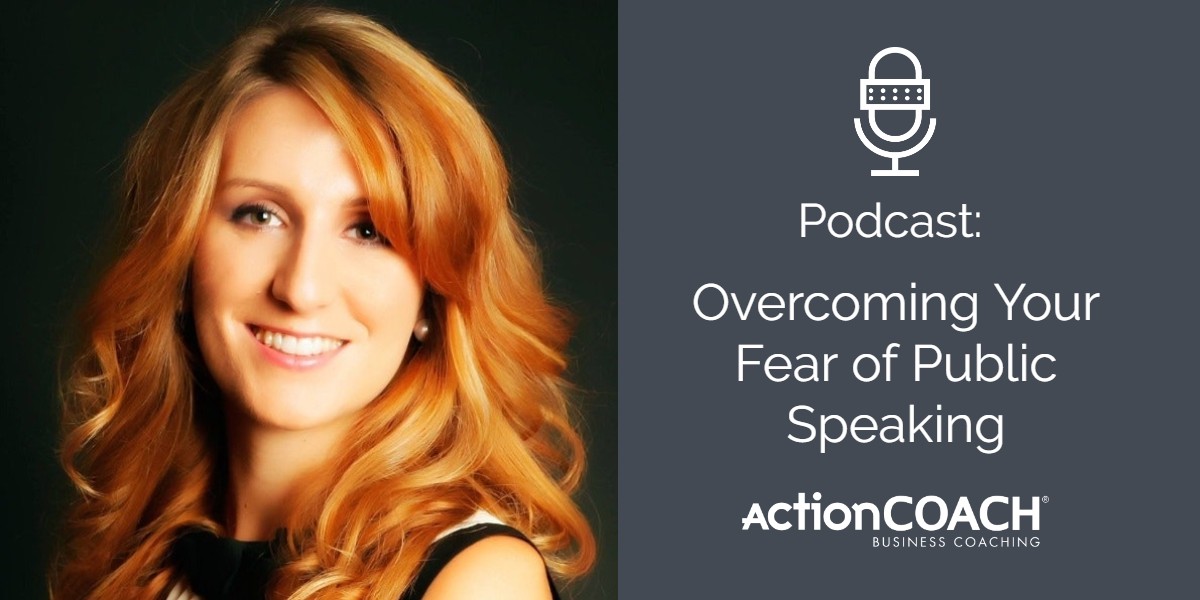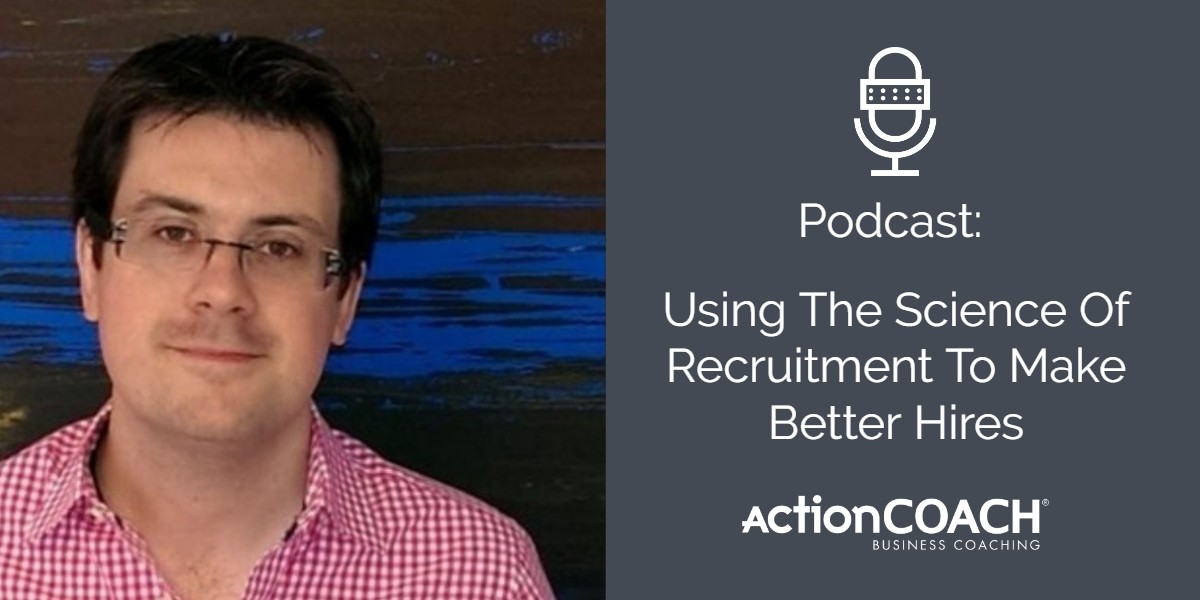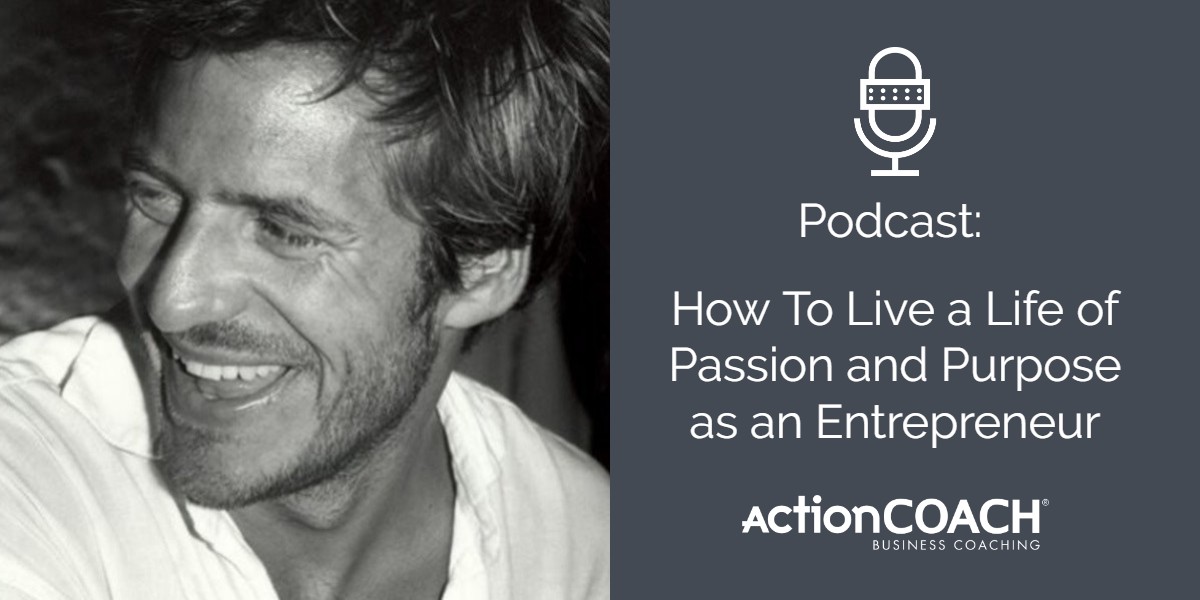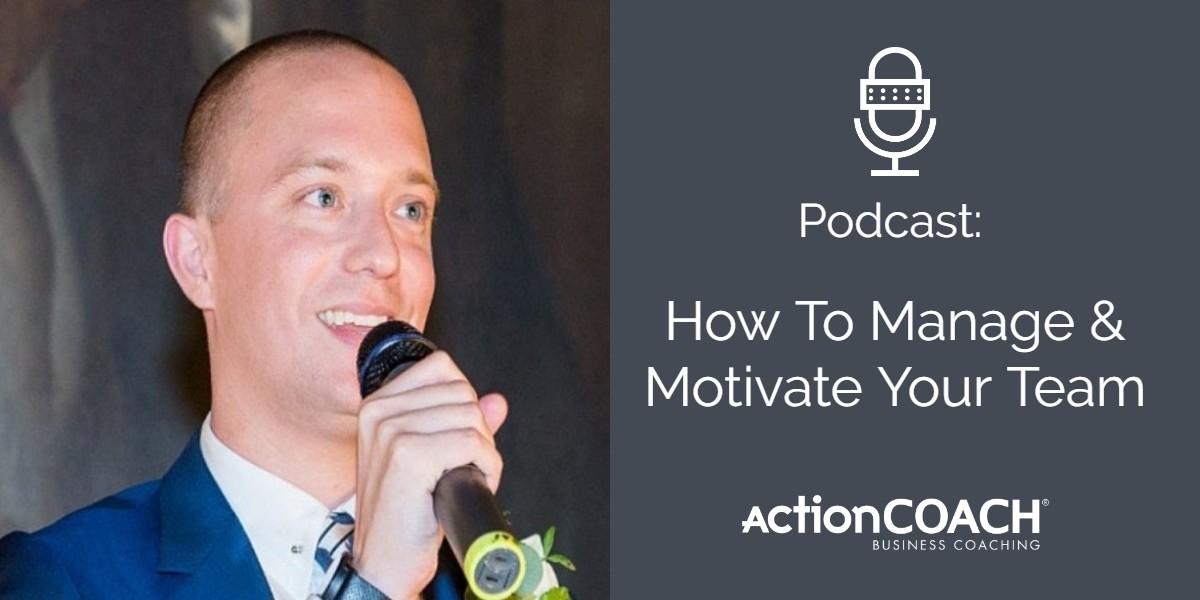Podcast: Overcoming Your Fear of Public Speaking
Podcast: Play in new window | Download
Here’s episode 1 of our brand new podcast. We talk to public speaking coach Carrie Swift and learn some practical tips on public speaking.
Click the play button above to listen.
Episode highlights
0:51 Carrie’s journey from public speaking novice to expert
2:28 How public speaking skills are a game changer for entrepreneurs
4:04 How to get good at public speaking even if you’re not a natural
5:08 3 practical strategies for overcoming public speaking nerves
10:36 Carrie’s recommended structure for giving an effective elevator pitch
Transcript
Presenter: Hello and welcome to The Business Growth Agency podcast. This is Episode Number 1. Today, we have an interview with Carrie Swift. She is the Founder and Managing Director of Love Public Speaking. If you’ve ever wondered how an expert public speaking trainer teaches the clients to become unafraid of public speaking, or if you want step-by-step instructions on how to deliver a professional and compelling elevator pitch, then you’re in for a treat. Keep listening!
Interviewer: You said you run a public speaking training business but you used to have a fear of public speaking.
Carrie Swift: Yes, yes that is true. I used to run a conference company where I had to speak at conferences with about 500 delegates. I was managing teams of staff and I had to present to the Board, and I just used to lay awake at night, dreading presentations that I had to give. I remember one year, my friend asked me to give a speech at her wedding and she told me there was going to be 200 people there; we’re going to be filming it. It’s the Best Woman’s speech so it needs to be really funny. I just spent the whole year fretting about it. I did it, I got through it, but I just couldn’t enjoy the wedding at all.
After that I thought, right that’s it, I’m going to crack my fear of public speaking. I went to lots of different public speaking groups. Went on loads of different types of courses but it still took me about four years to get really comfortable speaking on stage, which is too long. I decided that I would dedicate my career to trying to solve this problem. How can I try and help people to overcome stage fright?
Public speaking is just such an important skill, especially in business, and I think it really holds us back if we spend our whole lives trying to avoid it. That’s why I started my business, Love Public Speaking. It’s called Love Public Speaking because it’s all about helping people who hate public speaking and who fear it grow to love it.
Interviewer: How is public speaking a game-changer in business?
Carrie Swift: Well I think being able to influence people and engage people in your vision is critical obviously if you’re an entrepreneur or if you’re a business owner. How we communicate messages about our business is the core of business leadership and sales. Whether you’re pitching to a client or you’re leading staff meetings, you’re talking to a potential investor at a networking event, all of that is about how effectively you get your message across.
In particular, speaking at networking events is probably the cheapest, fastest, most powerful way to grow your business. It’s also about putting a face to your brand. It’s becoming front of mind with your clients. Yet so many entrepreneurs will shy away from public speaking and miss out on opportunities to grow their business and it’s just madness. People don’t want to work with brands; they want to work with real people.
I know from my own experience that I can spend thousands of pounds on marketing through online activity, direct marketing, social media, or I can go and speak at an event I will pick up actual clients there and then. I don’t think that’s just because I run a public speaking training business. I think that’s because people want to work with real people rather than faceless brands they can find online. It’s the same for any business; it’s much easier to pick up clients in person than through other marketing channels.
Interviewer: Can you really get good at public speaking if you are not natural?
Carrie Swift: Yes, yes, absolutely. I think I am living proof of that. Public speaking is a skill like any other, to be learnt. There isn’t a silver bullet; it takes time and it takes effort. It’s not an overnight process but if you do put the effort in to learn the techniques, and most importantly, get as much practice as you possibly can, anyone can learn to become a good speaker. In fact some of the best speakers I know are real introverts off stage, interestingly.
Of course the other thing to mention is that somehow when you do crack your fear of public speaking it gives you confidence in other areas of your life. Once you feel okay speaking to a group, other types of social situations feel much easier, like going to a networking event on your own or making a speech on your birthday or just speaking up in a meeting. It’s really worth investing in those skills.
Interviewer: What if you’re too nervous to face it?
Carrie Swift: I think that is the million dollar question! Nerves are challenging; there’s lot of different ways to tackle nerves and far too many to run through today. I think if I could give you three of my top tips for dealing with nerves, the first one would be if you’ve got a presentation coming up, visualize it going well. I think so many make the mistake of visualising it going terribly and then freezing up and their minds going blank. Actually what you mentally rehearse in your head tends to become a self-fulfilling prophecy so it’s really, really important that you picture it going well rather than disastrously.
Don’t just picture it going okay but picture it going amazingly well. Imagine the audience is enjoying it. This is a really, really powerful exercise. It’s actually a neurolinguistic programming exercise. I have a positive visualisation audio on this, which I sell, which is very popular, a 5-minute and a 20-minute version. That’s something you can do at home. That’s one thing.
I think my other tip would be to just take up every possible opportunity you can to speak. That means also getting comfortable with imperfection. A lot of people who get nervous about public speaking are people who have really high standards themselves. That means in the end, they become great public speakers because they really care, and usually they’re a bit more self-aware than people who don’t get nervous at all. Because maybe they’ve got high standards, they’re perfectionists, they might be a bit less willing to take risks, but actually they’d learn a lot more if they just get some practice in. Just accept that when you’re practising public speaking, there’s going to be some blunders and imperfections along the way, but the most important thing is that you’re learning how to do it.
I often put my clients on something that I call a one-week brain food diet for building speaking confidence. It’s a homework activity. You go home and on day one, you have to record a two-minute video of you talking about your business. You play it to a colleague and you get feedback on your presenting style. Then day two will be a two-minute impromptu speaking exercise with your partner or with a friend. They have to name the topic; you don’t know what the topic is but you have to speak for two minutes on it. That’s a really good improv speaking exercise to do.
Day three might be something like make a short speech or a toast with your colleagues about absolutely anything. Just to get used to speaking to audiences and speaking off the cuff as well. That would be my second tip. Just take up every possible opportunity you can to practice public speaking.
My third tip would be a bit more of a practical one. I don’t know if you’ve ever heard of the power pose?
Interviewer: No.
Carrie Swift: This is really interesting. It’s good to be mindful of how your body language impacts how you feel. There’s a famous study by a social psychologist called Amy Cuddy, who looked at how something called power posing, how you stand or how you sit, affects how confident you feel. A power pose would be when you would stand in an open expansive posture, as if you’re feeling really powerful. The highest power pose you could do would be to have your feet shoulder width apart and your arms up and in the air, a bit like you’re doing a star jump or something.
Amy Cuddy found that when people stand like this for two minutes, it changes your hormone balance. It actually increases your testosterone levels by 20% and it lowers your cortisol levels, which is a stress hormone, which makes you feel really edgy and anxious by 25%. That’s a really significant shift in your body chemistry. It’s worth remembering this, whether you’re sat in a meeting, or before you’re going on stage, how are you sitting or standing.
I actually recommend that when my clients are really nervous, they go somewhere private and power pose for two minutes just before they go on stage because actually it does really change how you feel. If you want to know a bit more about that, Amy Cuddy’s talk is online.
Interviewer: Okay. What’s your best bit of public speaking advice for entrepreneurs?
Carrie Swift: My best bit of public speaking advice, I think to prepare a really strong elevator pitch. For anybody that doesn’t know, an elevator pitch is the pitch that you would give if you were to step into an elevator with your dream investor or your dream client and in a few seconds time they’re getting off at the next floor. What are you going to say that’s going to get them interested in your business and that’s hopefully going to secure a meeting? So many people don’t really think about this but actually it’s the answer you give to the question, what do you do when you’re at a networking event? It’s worth having a carefully prepared answer.
Interviewer: How do you give a good elevator pitch?
Carrie Swift: I would recommend that your pitch is quite personal, simple and compelling. There is a structure that I recommend people follow and the first thing is what problem are you solving? For example, if this is me I’d say, hi, I’m Carrie. I run a business which helps people overcome fear of public speaking. Rather than saying I run a public speaking training business. Can you see the difference?
Interviewer: Mm-hmm.
Carrie Swift: Number one, what problem are you solving. Number two, how are you credible? Here I would say I know a lot about this topic because I used to have a big fear of public speaking myself, which I overcome and now I teach other people how to do the same. Number two, how are you credible.
Number three, what are the deliverables? What does your work physically look like, what do you actually do? Here I would say I have a team of trainers and together we run workings across London and we also offer private coaching and we go into businesses and schools.
Number four would be communicate your USP. Here I would say we’re a bit different to other public speaking training companies because rather than just teaching people about teaching techniques, we also do a lot of work on changing how people feel about public speaking, as that tends to be the main thing that holds them back in getting a real connection with their audience. Communicate your USP.
Then number five what is the result. This is your opportunity to drop in any great results any client names. Here I would say what that means is that we see our clients make great progress. Just yesterday one of my clients, who is a well-being coach, got in touch with me to say that since working with us, she’s finally started putting herself forward to speak at events and chaired her first panel. The result was that she’s just confirmed a big group booking. We hear this kind of thing quite a lot, which is great because I find it really rewarding.
Then six, call to action. This is where you want to make sure that you are controlling the exchange. Don’t just give them your card, but make sure that you also take theirs. Here I would probably just say perhaps if you’re interested in hearing a bit more we could grab a coffee sometimes, do you have a card? I would take their card and I would follow up straightaway. Obviously the sooner you follow up, the more likely you are to make sure that meeting happens.
As with any lead, you could go away, connect with them on social media channels, add them to your database, to your CRM. Make sure they’re getting your newsletter, if you’ve got a monthly newsletter or something like that. Then perhaps if you don’t do business together this time, their part of your network and maybe you will in the future.
Interviewer: Carrie, tell us for those who are still frightened of speaking in public, where can we find you?
Carrie Swift: My website is www.lovepublicspeaking.org. We run courses. There’s actually a course on creating your elevator pitch, where you can come and design your elevator pitch and practice it and practice doing it to an audience. There might be times where you go to networking events where you would have the opportunity to do your elevator pitch to a whole crowd, a one-minute pitch. I have that course.
I also have courses on overcoming the fear of public speaking, which use cognitive behavioural therapy techniques, neurolinguistics programming and other techniques to build up confidence slowly. Then we also do things like one-to-one coaching. One of the things we do is a pre-presentation Skype call, which people might use before they give a big pitch, to practice their presentation on us and get some feedback. A few other things like accent softening, speech writing, pitch preparation, and just about everything else related to public speaking, so www.lovepublichspeaking.org.
Interviewer: Carrie, it was a pleasure. Thank you very much.
Carrie Swift: Thank you.
Presenter: If you’ve enjoyed this podcast and you want us to make some more, then do let us know. Write us a review on iTunes or leave a comment on The Business Growth Agency Facebook page. Thanks for listening and join us again next time.




